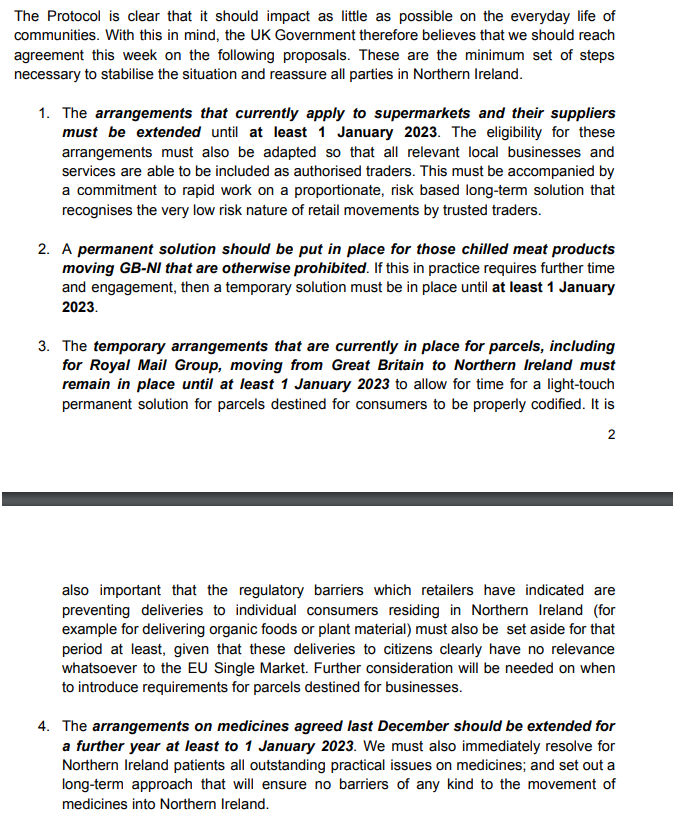
I'm struck by the parallels between this and Brexit: in both cases, there's a failure to accept that making rules for your state doesn't mean being able to make rules for other states
bbc.co.uk/news/uk-politi…
1/
bbc.co.uk/news/uk-politi…
1/
In the asylum case, Patel is suggesting that 'illegal' entries by asylum-seekers will result in rapid removal from UK
But removal to where?
How do you get other (even 'safe') states to accept what are, under international law, people who are within their rights to be in UK?
2/
But removal to where?
How do you get other (even 'safe') states to accept what are, under international law, people who are within their rights to be in UK?
2/
Likewise, Brexit debate has been about 'taking back control', but that can't mean 'forcing others to accept whatever you want', only 'asking others to see what they'll agree to'
3/
3/
This is the fundamental fallacy of the 'take back control' narrative: it suggests not simply the removal of external impositions, but a deeper empowerment to do whatever you like
Sounds great, but not a realistic understanding of the world as it is
4/
Sounds great, but not a realistic understanding of the world as it is
4/
tl;dr overselling, under-delivering, leading to ever more disillusionment with politics/politicians
/end
/end
Or as Michael Heseltine put it:
"The man in the desert is free. He has sovereignty, but he has no power."
"The man in the desert is free. He has sovereignty, but he has no power."
• • •
Missing some Tweet in this thread? You can try to
force a refresh







